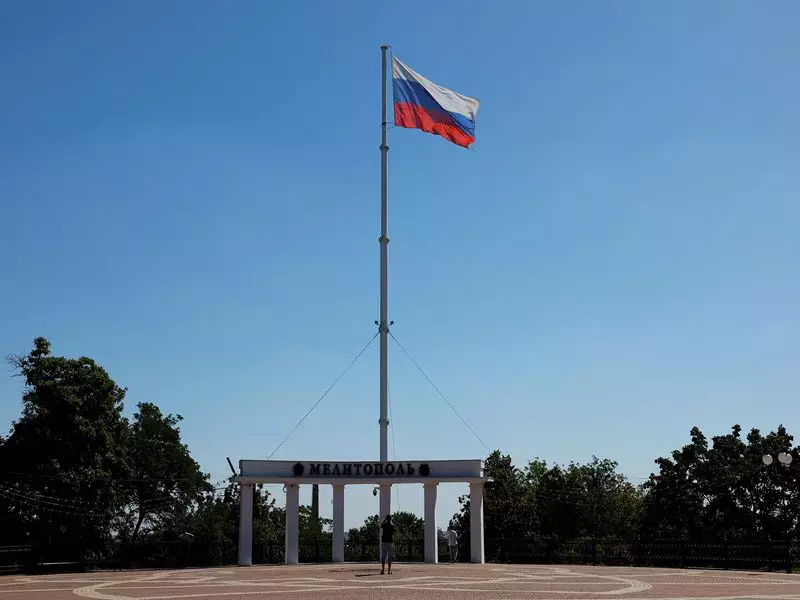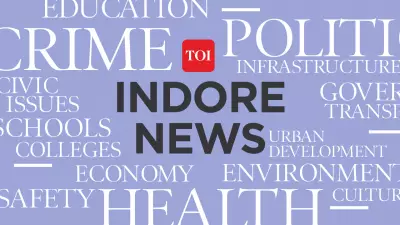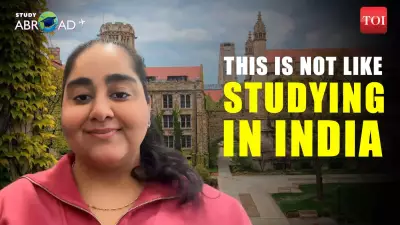
In a significant move to strengthen educational cooperation, BRICS member states have joined forces with MGIMO TV to promote Russian education and cultural diplomacy on the global stage. This groundbreaking initiative marks a new chapter in international educational collaboration.
The Strategic Partnership Agreement
The formal agreement was sealed during a high-profile meeting at MGIMO University's TV studio, where representatives from BRICS nations gathered to establish this innovative educational framework. The partnership brings together educational experts, diplomats, and media professionals with a shared vision of expanding access to Russian educational content worldwide.
This collaboration represents a strategic effort to enhance people-to-people connections among BRICS countries while promoting Russian academic excellence. The initiative focuses on creating educational programming that showcases Russia's rich academic traditions and contemporary educational innovations.
Objectives and Implementation Plan
The newly formed partnership has outlined several key objectives to guide its implementation. Primary among these is the development of multilingual educational content that can reach diverse audiences across BRICS member states and beyond. The programming will cover various academic disciplines while incorporating cultural elements that reflect Russia's diverse heritage.
MGIMO TV, as the implementing agency, will leverage its expertise in educational broadcasting to create engaging content that appeals to international students. The channel plans to develop programs that not only teach Russian language and culture but also showcase Russia's advancements in science, technology, and humanities education.
Global Impact and Future Prospects
This initiative is expected to have far-reaching consequences for global education dynamics. By making Russian education more accessible internationally, the partnership aims to position Russia as a key destination for students from BRICS countries and other nations seeking quality higher education.
The timing of this agreement is particularly significant as it comes during a period of increasing educational cooperation among BRICS nations. The partnership is seen as a practical manifestation of the bloc's commitment to creating alternative educational pathways and strengthening South-South cooperation in the education sector.
Educational experts believe this initiative could transform how Russian educational institutions engage with international students. The use of television and digital media platforms represents an innovative approach to educational outreach that could serve as a model for other countries seeking to expand their global educational influence.
As the partnership moves forward, stakeholders anticipate increased student mobility, enhanced cultural understanding, and strengthened academic ties between Russia and other BRICS nations. This collaboration signals a new era in educational diplomacy that could reshape global higher education landscapes in the coming years.





